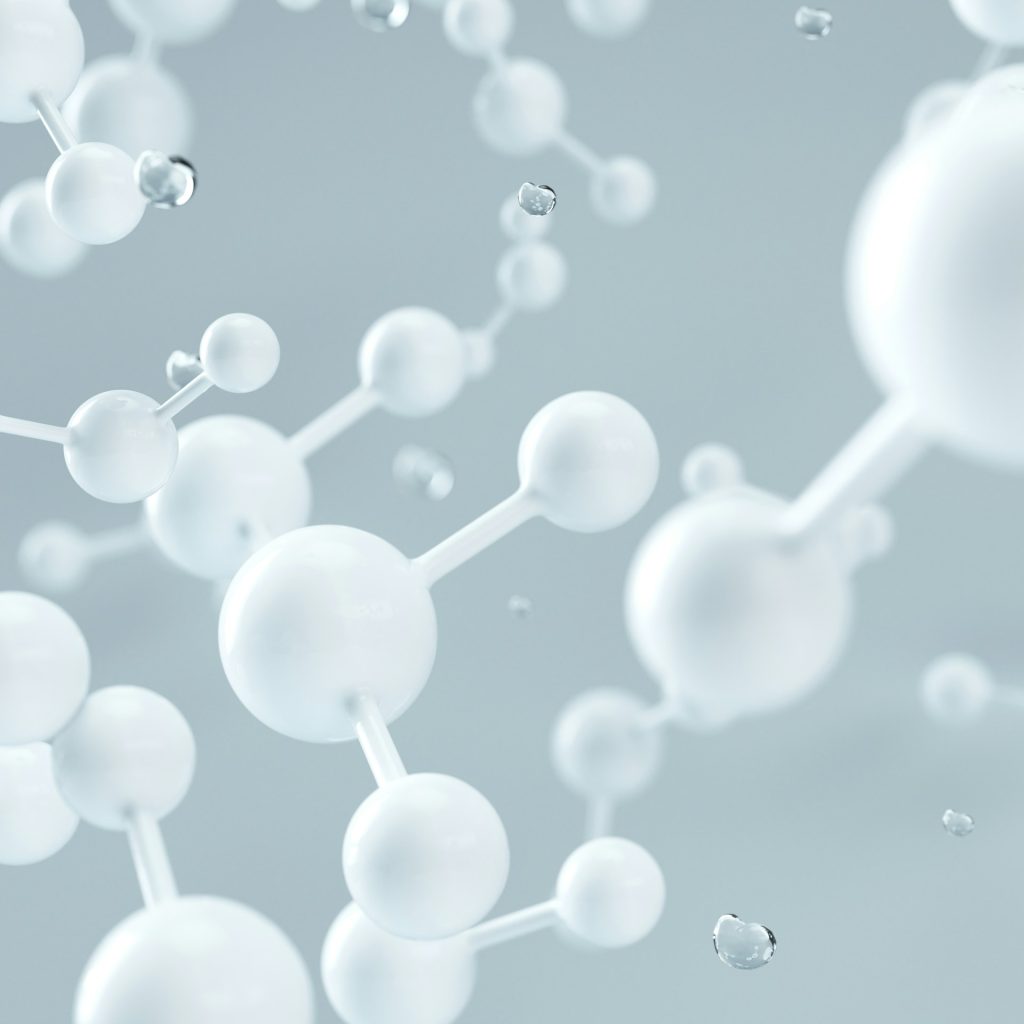Period panties have become a game-changer for many. They’re comfortable, leak-proof, and eco-friendly – a win-win-win for your period routine. But with any new product, especially one worn in close proximity to your body, questions arise. A recent article from the New York Times has prompted a larger conversation on their safety. A common concern: can period panties mess with your fertility?
Let’s Talk PFAS Chemicals
Period panties, although marketed as natural and organic, have found to contain per- and polyfluoroalkyl substances (PFAS). These ‘forever’ chemicals create water-resistant and stain-proof fabrics, perfect for period underwear. PFAS are found in many other things as well, cooking pans, shampoos, and cleaning products and cosmetics. The trick is, once they are in our system we do not break them down and so they hang out in our bodies. Period panties are concerning because of the exposure of PFAS to the vaginal area, which is highly absorbent. Research is just catching up with the implications of this for human health and is raising concerns, suggesting links between PFAS exposure and various health issues, including reduced fertility by increasing ovarian aging, and disrupting hormonal functions.
The Murky Waters: Limited Data and Transparency
Here’s the not-so-great news: there’s a lack of transparency in the industry. Manufacturers aren’t required to disclose every material in their products, making it difficult to know for sure if your period panties contain PFAS. And PFAS are also found in tampons and menstrual and incontinence pads. Additionally, there are no large-scale studies directly investigating the link between period panties and fertility. So what can you do?
Knowledge is Power: Taking Charge of Your Choices
While we await conclusive evidence, there are steps you can take to minimize potential risks:
- Seek Transparency: Look for brands committed to safe materials. Some companies advertise PFAS-free products or provide detailed information about the materials used on their websites.
- Embrace Organic: Opt for period panties, tampons and pads made from organic cotton. Organic cotton production avoids synthetic pesticides and fertilizers, making them less likely to contain harmful chemicals.
- Explore PFAS-Free Alternatives: Some companies are innovating with PFAS-free leakproof materials. One great alternative is embracing silicone menstrual cups. There are over 150 menstrual cups out there! There is even a website that offers a quiz to help you decide which may be right for you. click here
Here are some resources to empower your choices:
- The Environmental Working Group (EWG) offers a database of products free of harmful chemicals, including period underwear.
- The PFAS Central website from the U.S. Environmental Protection Agency (EPA) https://www.epa.gov/pfas provides a wealth of information about PFAS chemicals and their health effects.
The Bottom Line: Your Comfort, Your Choice
While more research is needed, being aware of the potential risks associated with PFAS exposure is key. Educating yourself and making informed choices can help while we await the final word on the safety of these products.
Julie
- Ding, Ning et al. “Perfluoroalkyl and polyfluoroalkyl substances (PFAS) and their effects on the ovary.” Human reproduction update vol. 26,5 (2020): 724-752. doi:10.1093/humupd/dmaa018
- Mokra, Katarzyna. “Endocrine Disruptor Potential of Short- and Long-Chain Perfluoroalkyl Substances (PFASs)-A Synthesis of Current Knowledge with Proposal of Molecular Mechanism.” International journal of molecular sciences vol. 22,4 2148. 21 Feb. 2021, doi:10.3390/ijms22042148
